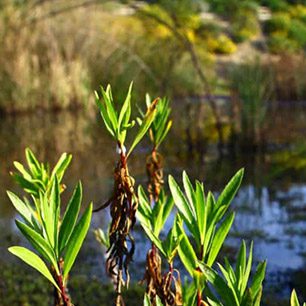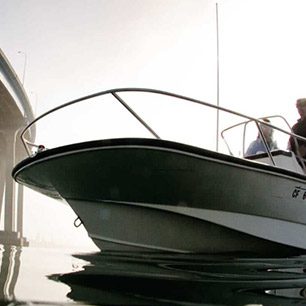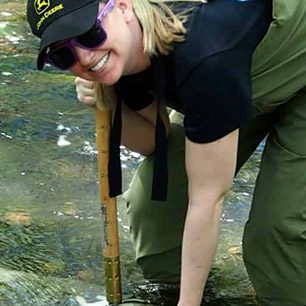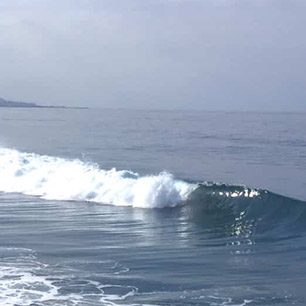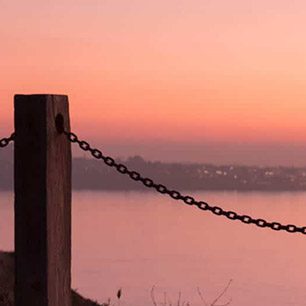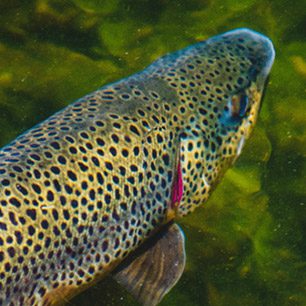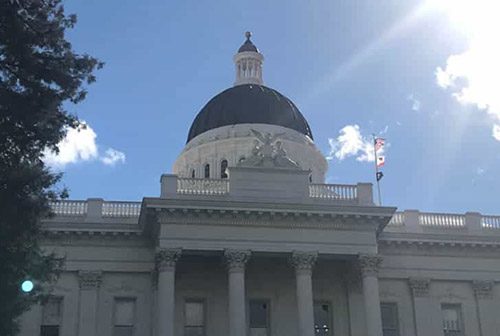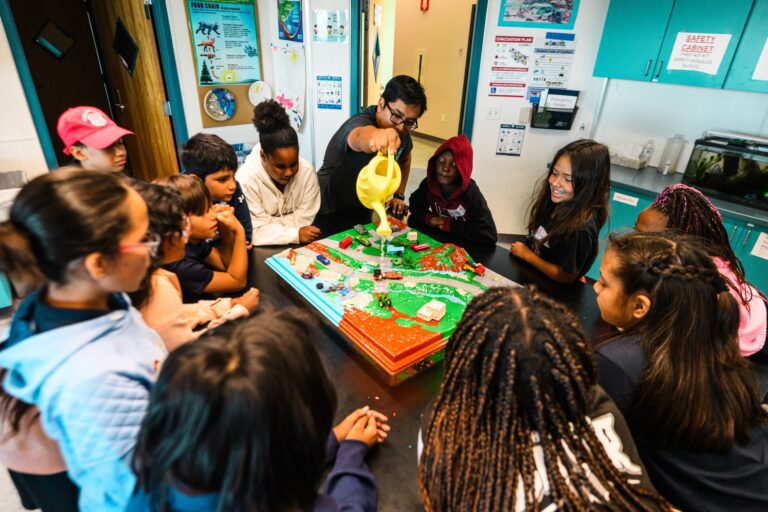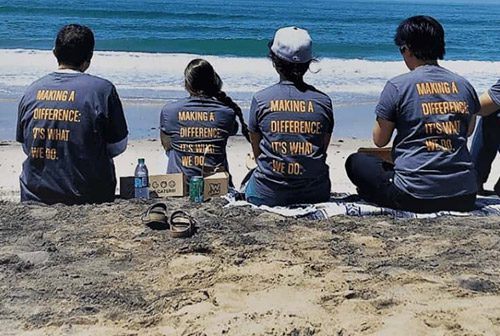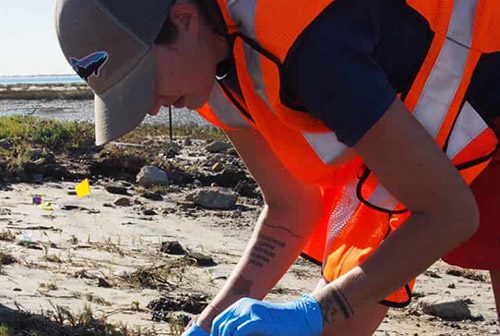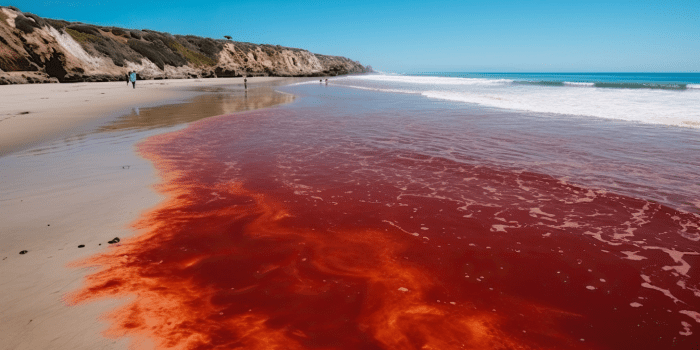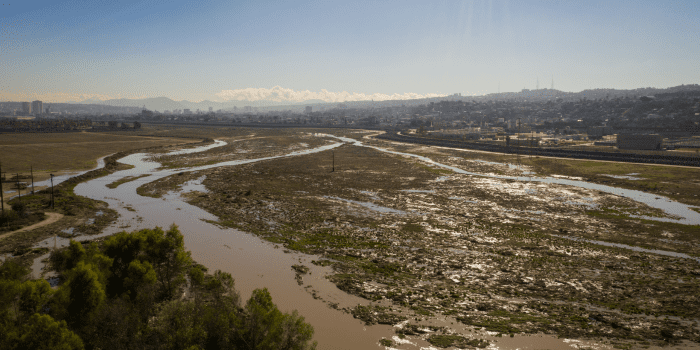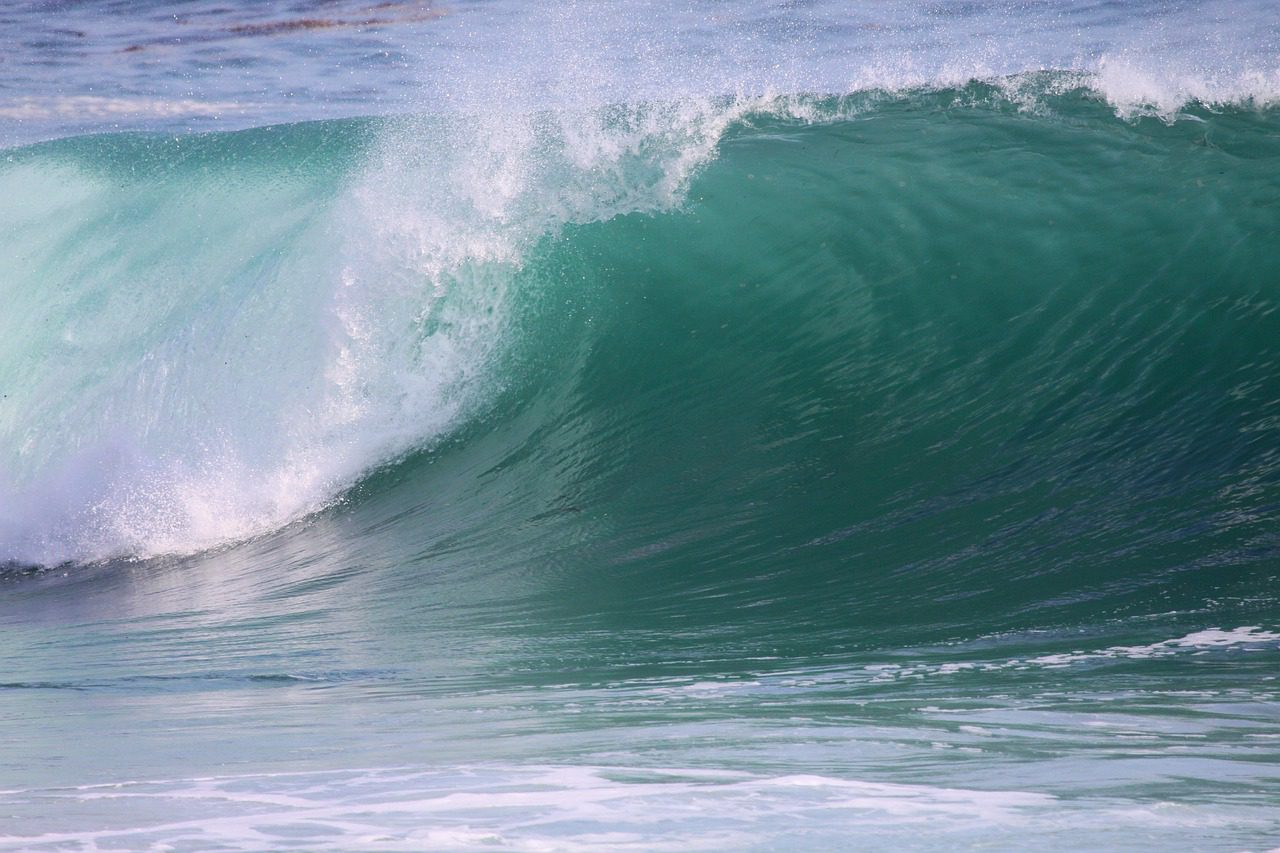

- Lead by example. Have you heard that a picture is worth a thousand words? Well, an action is worth millions. The same way your kids could learn an inappropriate behavior can be used to develop environmental awareness.
- Take your kids outside. Learning to enjoy nature is the first step to care about it. Also, ask your doctor if more outdoor activities could improve your health? Studies show it could reduce obesity and others diseases.
- Teach children to use the appropriate receptacle for their waste: reduce, reduce, reduce, reuse, reuse and recycle as much as you can. Little things, like packing a waste-free lunch, can make a powerful lesson for your children, especially in these difficult times of plastic. Some useful tips: get a favorite character reusable lunch bag, fork and spoon that your child can reuse; encourage your little one to drink water from the water fountain; buy more organic fruits for snacks.
- Give them chores, like helping you classify your recyclables. As a reward, they can save money earned by recycling to buy a cool toy.
- Work together in a garden or compost project. If you can’t, buy one plant for them to learn to take care of; it’s a fun way to learn how plants need sun, water and soil. Use your senses, and enjoy the flowers. Take them to a compost garden to see the worms in action. They will learn how the worms can decompose…say what??? Yeah, science and environment, they are an important part of the life cycle.
- Teach them to close the faucet while brushing and bathing. Water is precious. Keep a water cup for brushing your teeth and a container to pour water to wash out the soap and shampoo. You can use stickers as a reward for remembering to turn off the faucet.
- Turn it off! When you are out of the room, your toys don’t need the lights on. You can order a free sticker to remind you to switch them off. Better yet, make your own sticker.
- Participate in a beach cleanup. Better yet, clean up (at least after you) when you go to the beach. Show them that this is the home of lots of beautiful ocean creatures. Tidepooling, and other beach activities can help them realize the importance of keeping the ocean clean. Who likes yucky water? Not me.
- Give away to others the toys and clothes that you don’t use. Sharing is nice. Take your kids with you when you donate to make them aware of the people in need, while keeping more items out of the landfill.
- The same way you teach kids to respect others (humans), you can teach them to respect nature. In your bedtime story, incorporate environmental books (The Lorax, by Dr.Seuss, Follow the Water from Brook to Ocean, by Arthur Dorros, etc.). Make a movie night more fun with a movie that teaches about the consequences of destroying the environment (“UNLESS someone like you cares a whole awful lot, nothing is going to get better. It’s not. –The Lorax. -YES, I like the Lorax!!!). You can also download a cool app (ebooks or games) to teach little ones about environmental conservation. Remember kids learn by playing!

